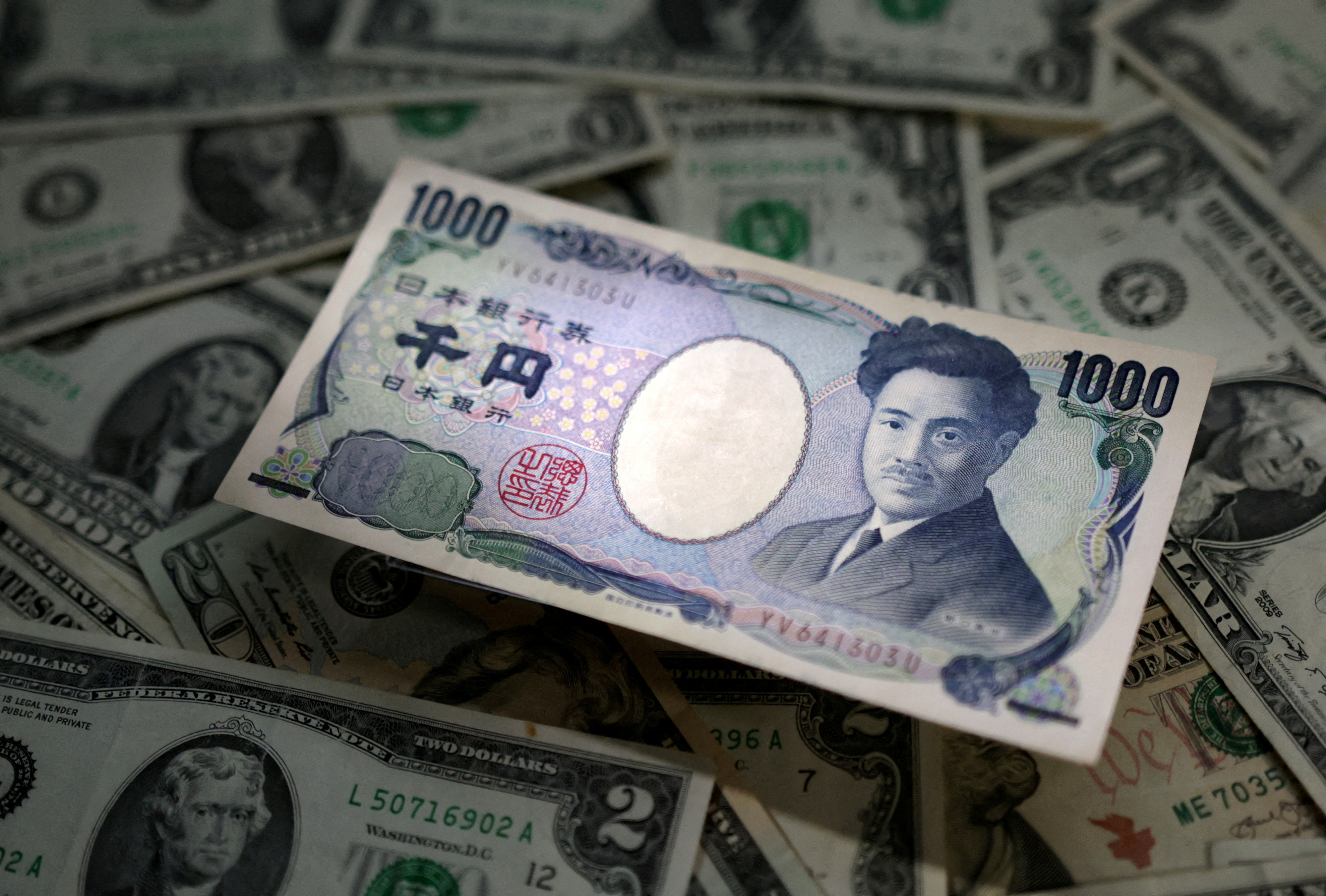
In a statement delivered during a recent press conference, Ueda indicated that the BoJ is prepared to consider further rate hikes if economic conditions warrant. This marks a notable departure from the bank's previous position, which has been characterized by a commitment to maintaining low interest rates to support economic growth.
The yen's appreciation against the dollar is a direct response to Ueda's remarks, which suggest that the BoJ's policy could be more flexible than previously anticipated. This shift in tone has led to a reassessment by investors and analysts, who are now weighing the implications for Japan's economic trajectory and its impact on global financial markets.
Analysts point out that the BoJ's potential move toward tightening monetary policy comes amidst a backdrop of sustained economic recovery in Japan. Recent data indicates steady growth in consumer spending and industrial production, which could provide the central bank with the confidence needed to adjust its policy stance. Ueda's comments reflect a growing consensus among policymakers that Japan's economy is on a firmer footing, reducing the need for emergency-level stimulus measures.
Market reactions to Ueda's statement have been swift. The yen's rise is seen as a positive development for Japan's currency, which has been under pressure for years due to the BoJ's aggressive easing measures. A stronger yen could help mitigate some of the negative effects of imported inflation and support the purchasing power of Japanese consumers.
The BoJ's potential policy shift also comes at a time when other major central banks, such as the U.S. Federal Reserve and the European Central Bank, are navigating their own paths regarding interest rates and inflation control. The convergence of these global monetary policy strategies could lead to increased volatility in the currency markets, with significant implications for international trade and investment flows.
Economists are closely monitoring the BoJ's next steps and the broader implications for Japan's economic stability. While Ueda's comments have been interpreted as a sign of increasing confidence in the economy, they also underscore the challenges that lie ahead. The central bank will need to balance the risks of tightening policy too soon against the need to sustain economic momentum.
As the situation evolves, market participants and policymakers alike will be keenly watching for further signals from the BoJ. Ueda's remarks have set the stage for a potential shift in Japan's monetary policy landscape, with implications that extend beyond the nation's borders. The yen's movement and the BoJ's decisions will continue to be key indicators of Japan's economic health and its position in the global financial system.
